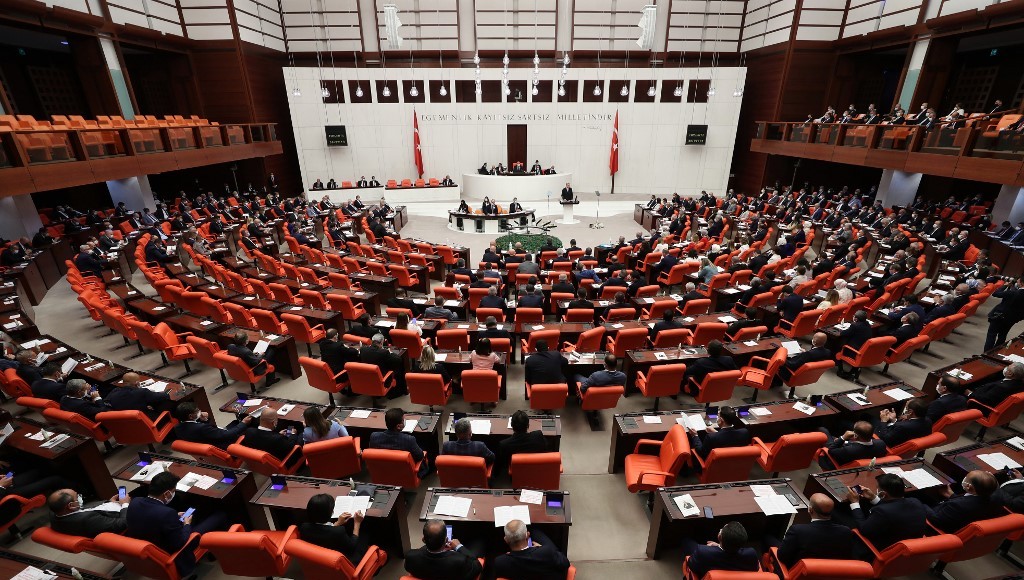Turkey’s ruling Justice and Development Party (AKP) has withdrawn a proposed amendment on “agents of influence” following backlash from the opposition and civil society, a senior member of the main opposition Republican People’s Party (CHP) announced.
Murat Emir, the CHP deputy group chairman, announced on X on Wednesday that the “agents of influence” legislation had been withdrawn “as a result of our efforts over the past weeks, including informing the public, as well as discussions and criticisms we made in Parliament.”
However, the AKP has not completely abandoned the proposal, according to a report by NTV news.
AKP group chairman Abdullah Güler suggested that the party was opening up space for the opposition to voice their concerns. He mentioned that the party had invited the CHP to bring their proposals for a solution, adding that the AKP would discuss the regulation again next week.
“If they [the CHP] do not bring a new proposal, we will reintroduce the same legal provision,” Güler said.
According to the legislation, which proposes amendments to the Turkish Penal Code (TCK), people who disseminate “black propaganda” against Turkey or who appear to be speaking in favor of Turkey when in fact they are actually speaking against it as well as individuals who damage the country’s economic, social or public order, will be defined as “agents of influence” and face prison time.
The proposed addition to Article 339 of the TCK would read: “Those who conduct or commission research on Turkish citizens, institutions, organizations, or foreigners in Türkiye for the strategic interests or instructions of a foreign state or organization against the security or internal or external political interests of the state will face imprisonment of three to seven years in prison.”
If these offenses are committed during “wartime” or in relation to the “state’s preparation for war activities or military operations,” the penalty could be eight to 12 years imprisonment.
Opposition parties, including the CHP, have criticized the bill for potentially triggering a witch hunt due to its vague criminal scope and its potential to impose new restrictions on freedom of expression.
More than 80 civil society organizations, including Amnesty International Turkey, called on the Turkish government in a joint statement earlier this month to reject the draft amendment to the country’s espionage laws, warning that if passed, it would significantly threaten the ability of civil society organizations to operate freely within the country.
The Turkish government was already facing accusations of seeking to censor and expand its influence over foreign outlets, which are the only source of free and independent journalism in Turkey, where the majority of the media is controlled by the government by requiring them to obtain broadcasting licenses for online video content.
Many Turkish journalists who had to flee Turkey in the aftermath of a failed coup in July 2016 to avoid a government crackdown on non-loyalist media outlets and journalists under the pretext of an anti-coup fight have created their own journalism channels in exile through which they extensively cover issues that go unreported in Turkey due to government pressure on independent journalists. These journalists, most of whom stay in contact with their audience through social media platforms, reach millions of people in Turkey and provide another perspective.
The fears generated by the new legislation are similar to those created when the AKP government pressed ahead with a “disinformation law” in October 2022, which criminalized the dissemination of “false or misleading information.”
The law has been used in the investigation of dozens of journalists and is criticized for providing a framework for extensive censorship of online information and the criminalization of journalism.
Turkey, which has been suffering from a poor record of freedom of the press for years, ranks 158th among 180 countries in the Reporters Without Borders (RSF) World Press Freedom Index published on May 3 to mark World Press Freedom Day.


